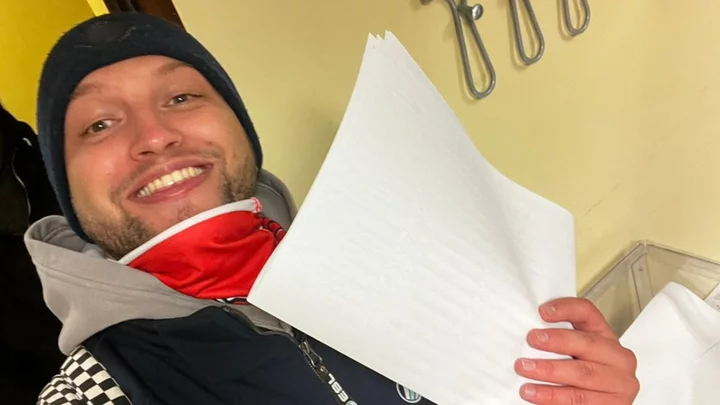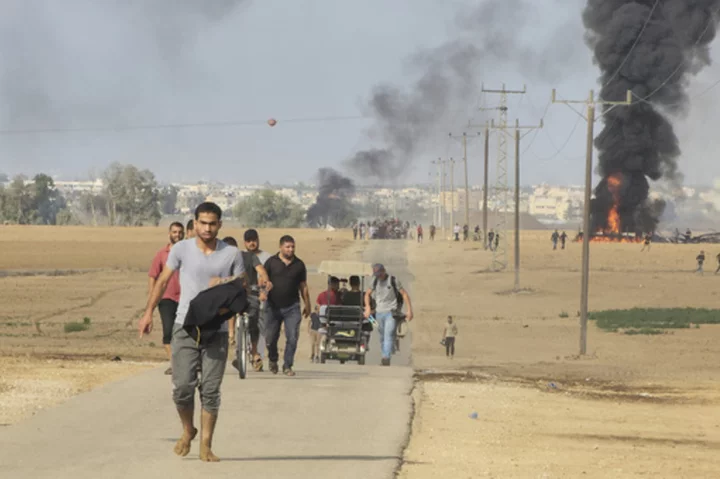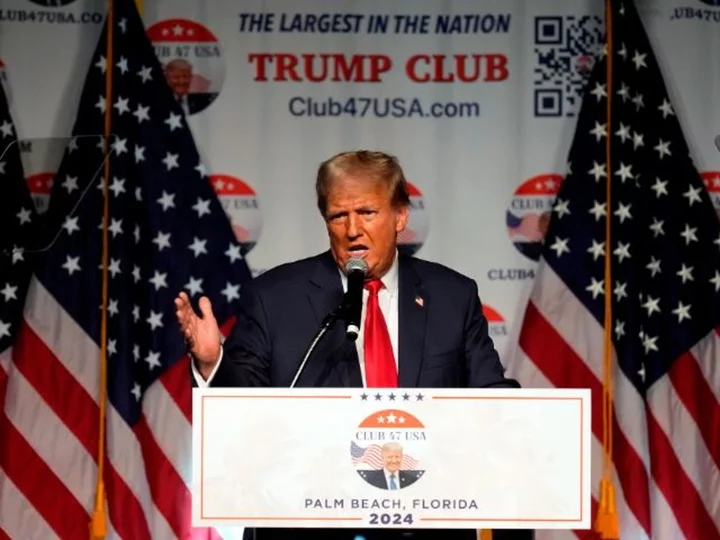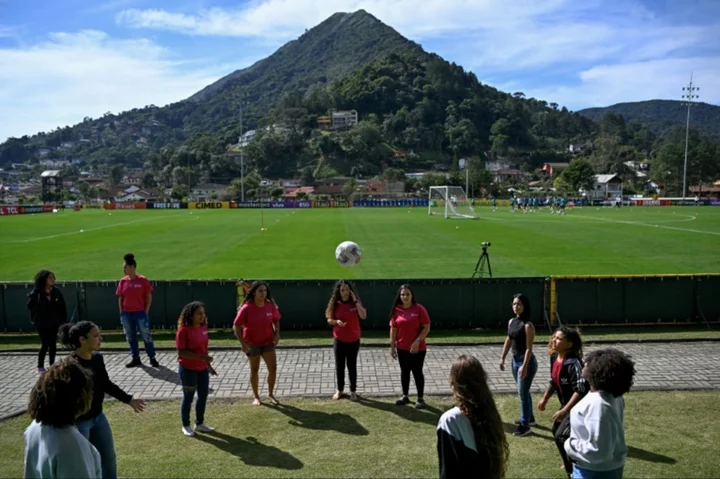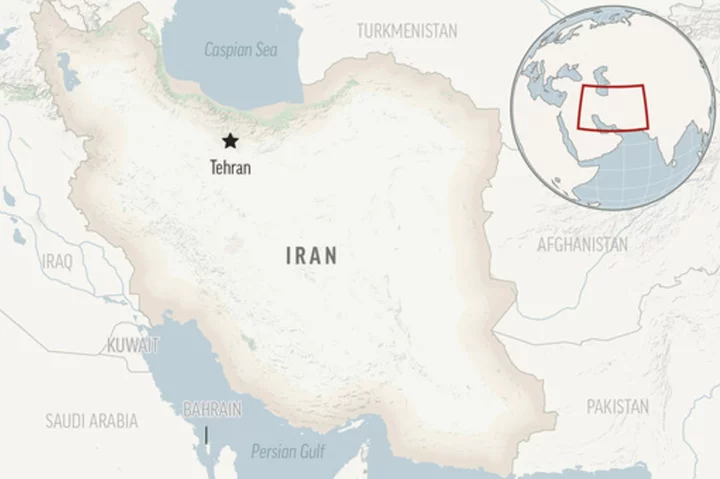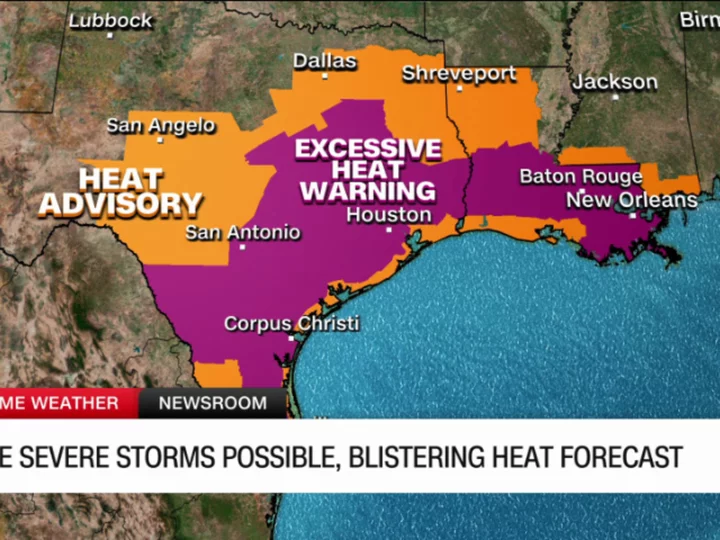The first polls have closed in Australia's bitterly fought referendum on Indigenous rights, with early results suggesting voters are set to reject reforms to the 122-year-old constitution.
Almost 18 million Australians registered to vote in Saturday's landmark referendum on constitutional changes to acknowledge Aboriginal and Torres Strait Islanders for the first time.
The proposed reforms would also create an Indigenous "Voice" to Parliament -- to weigh laws that affect those communities and help address profound social and economic inequality.
More than 230 years since the first British penal ships anchored in Sydney, the centre-left government proposed the reforms as a step towards racial reconciliation -- a reckoning with Australia's bloody colonial past.
But instead, it has sparked a deeply rancorous and racially-tinged debate that exposed a gulf between First Nations people and the white majority.
With almost a fifth of the 8,253 polling places reporting, the "No" campaign was leading "Yes" by 58 to 42 percent.
Australia's First Nations peoples have lived on the continent for more than 60,000 years.
Today, Aboriginal and Torres Strait Islander people make up less than four percent of the population but are much more likely to be sick, imprisoned or to die young than their wealthier white compatriots.
- 'A shameful day' -
Polls have consistently shown that voters will reject the proposals and that Indigenous issues rank low on any list of public priorities for most Australians, far behind concerns like the rising cost of living.
In the days before the vote, media attention has focused as much on events in the Middle East as the political debate at home.
"Yes" campaigner Karen Wyatt said she was "trying to stay positive" in the face of a seemingly inevitable defeat.
Hard questions are already being asked about what a "no" vote would say about Australia, and Australians.
A rejection of the "Voice" would be "a shameful day for Australia", 59-year-old Wyatt told AFP in Sydney.
"I think it does say something for the path of this country, to say 'no' to something that was a simple request and a generous proposition," she added.
"I hope if it is a 'no', we can recover from it and move forward."
- Racism accusation -
Millie Ingram, an 83-year-old Indigenous voter, said she was "hoping but not positive" more Australians would turn out to vote "yes".
"I think our good Australian people have not been heard, that's what I'm counting on," she told AFP in the Sydney suburb of Redfern.
The opposition campaign has been successful in channelling fears about the role and effectiveness of the "Voice" assembly, encouraging people to vote "no" if they are uncertain.
Dee Duchesne, 60, a volunteer for the "no" campaign, said she was "fighting to keep an extra layer of bureaucracy out of our constitution".
She said she had been called racist while handing out leaflets near a Sydney polling station during early voting. "I'm not," she said.
Centre-left Prime Minister Anthony Albanese has spent a year and much precious political capital advocating for the "yes" campaign.
On the day of the referendum he made an emotional plea to voters, asking them to right a historical wrong.
"This week of all weeks, with so much hatred displayed in the world, this is an opportunity for Australians to show kindness," he said.
"This is about respect for Indigenous Australians. It's about how we see ourselves as a nation, but it's also about the way that the world sees us."
A "yes" victory, he said, would mean a "burden lifted from all of us".
"In my lifetime Indigenous Australians were not counted. Now they're asking to be heard. It's not too much to ask."
- Compulsory vote -
Voting is compulsory for Australia's 17.5 million voters.
The referendum can only pass with support from a majority of voters nationally and a majority of voters in at least four of the country's six states.
The ballot paper asks: "A Proposed Law: to alter the Constitution to recognise the First Peoples of Australia by establishing an Aboriginal and Torres Strait Islander Voice. Do you approve this proposed alteration?"
bur-arb/djw/dhw


